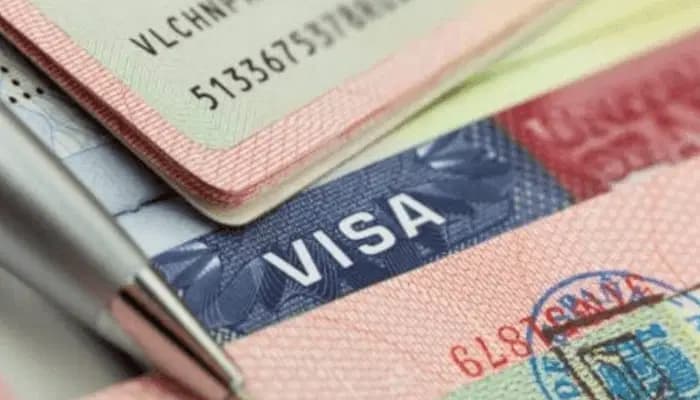The United Kingdom has rolled out sweeping immigration reforms that are set to reshape the landscape for international students, particularly those from Nigeria. In a recently released Immigration White Paper on May 12, 2025, the UK government, led by Prime Minister Keir Starmer, announced a significant cut to the Graduate Route visa, reducing its duration from two years to 18 months. This change, alongside other stringent measures, is raising concerns for Nigerian students, who form a substantial portion of visa holders and now face a tougher path to building a future in the UK.
What’s Changing for Nigerian Students?
The Graduate Route visa allows international graduates to stay in the UK to work or seek employment after completing their studies. With approximately 13,000 Nigerian students among the 114,000 annual visa holders (about 11%), this group is significantly affected. The reduction to 18 months limits the time graduates have to secure skilled employment, a challenge in an increasingly competitive job market. For Nigerian students, who often invest £20,000–£50,000 in tuition, the shorter timeframe adds financial pressure to recover their educational costs.
One Nigerian student, Chidinma Okonkwo, voiced a common sentiment: “Eighteen months is barely enough to find a stable job and make the investment in our education worthwhile.” This sentiment underscores the broader anxiety among international students navigating these reforms.
Broader Immigration Reforms
The Graduate visa cut is just one part of a comprehensive overhaul aimed at reducing net migration and addressing what the Home Office calls “systemic abuse” in the immigration system. Other key changes include:
-
Stricter Rules for Dependants: Dependants of international students must now demonstrate basic English proficiency (A1 level) upon entry, with higher requirements (A2 for visa extensions, B2 for settlement).
-
Increased Costs for Employers: The immigration skills charge for hiring overseas workers will rise by 32%, and the skilled visa threshold is now set at degree-level qualifications (RQF6).
-
End to Social Care Recruitment: Overseas recruitment for social care roles has been halted, potentially exacerbating staffing shortages.
-
Extended Settlement Period: The standard period for settlement has doubled from five to ten years.
The Home Office has also flagged concerns about visa misuse, noting that some international students, including 2,841 Nigerians who claimed asylum in 2024, use study visas as a pathway to unsponsored work or asylum applications. This has led to heightened scrutiny for nationals from countries like Nigeria, Pakistan, and Sri Lanka.
Economic and Social Implications
These reforms could have far-reaching effects. UK universities, heavily reliant on international student fees, may face financial strain as prospective students reconsider studying in the UK. Meanwhile, sectors like social care, already stretched thin, could see worsening staffing crises. Labour MPs and unions have criticized the government for risking economic stability in pursuit of migration targets, while students worry about their future prospects.
What’s Next for Nigerian Students?
For Nigerian students planning to study in the UK, these changes demand careful consideration. The shorter Graduate Route visa means a more urgent need to secure employment post-graduation, and the stricter rules for dependants could complicate family plans. Prospective students may want to explore alternative destinations or ensure their study plans align with the new requirements.
For those already in the UK, connecting with university support services or immigration advisors can provide clarity on navigating these changes.
Final Thoughts
The UK’s immigration reforms reflect a balancing act between controlling migration and maintaining the country’s appeal as a global education hub. For Nigerian students, the stakes are high, with less time to turn their academic investments into career opportunities. As the situation evolves, staying proactive and informed will be key to thriving in this new landscape.
Have thoughts on the UK’s immigration changes? Share them in the comments below.
Join our Whatsapp channel to stay updated always!



pue4nm